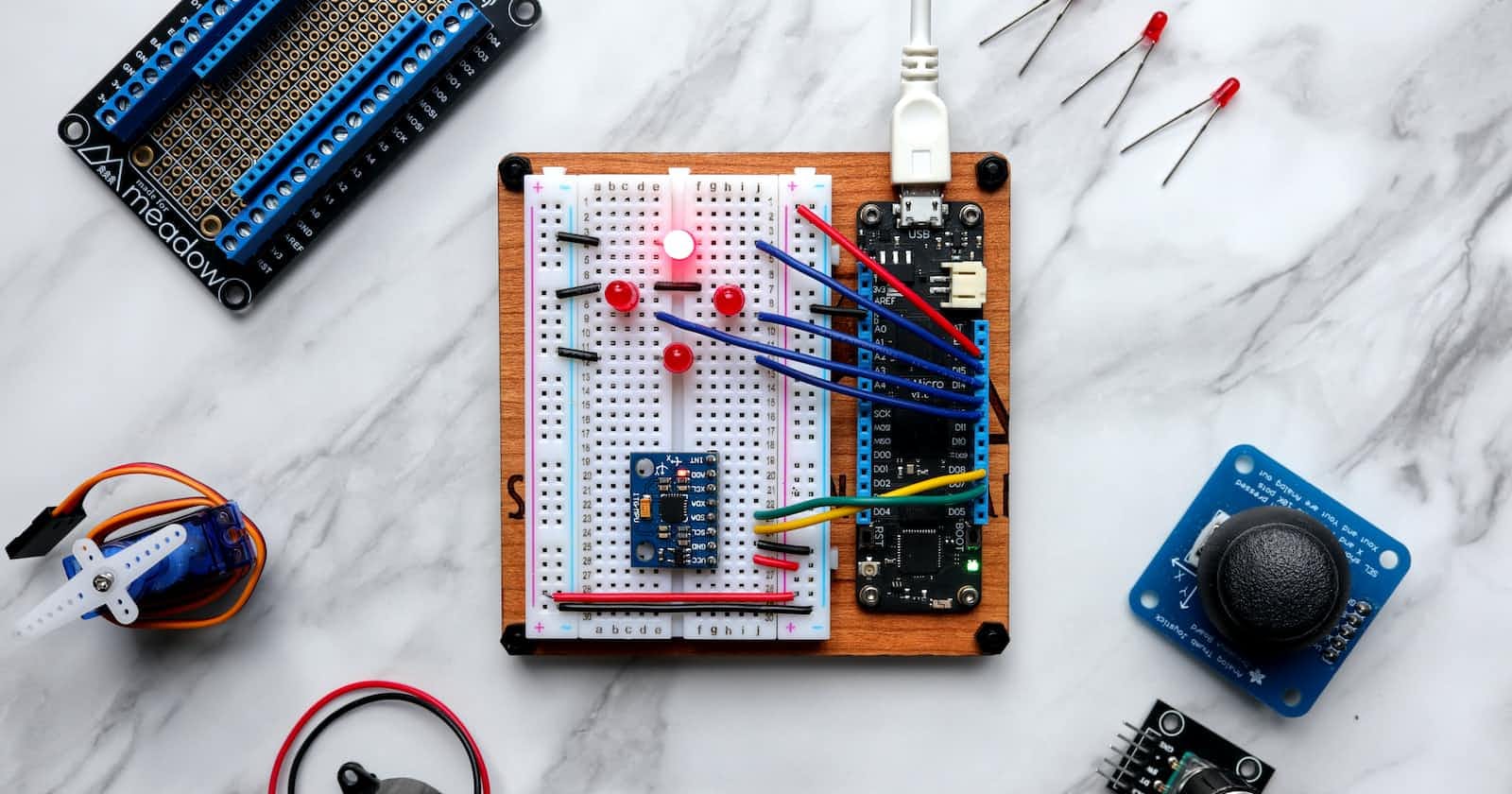The Internet of Things, or IoT, is a term that has become increasingly popular in recent years. It refers to the network of physical objects, devices, and appliances that are connected to the internet, allowing them to exchange data and communicate with each other. This technology has the potential to revolutionize the way we live our daily lives, and its impact can already be seen in many areas.
One of the most significant areas where IoT is having an impact is in the home. Smart home technology is becoming more prevalent, and it's easy to see why. With IoT-enabled devices such as smart thermostats, lighting, and security systems, homeowners can control their home's environment from their smartphone or computer. This technology has the potential to make homes more energy-efficient, convenient, and secure.
Smart appliances are also becoming increasingly popular. Smart refrigerators, for example, can help you keep track of what's in your fridge, create shopping lists, and even order groceries for you. Smart ovens can be controlled remotely, allowing you to preheat your oven or adjust the temperature from your smartphone. These appliances not only save time and effort, but they also help reduce food waste, save energy, and improve overall efficiency.
IoT is also having an impact on transportation. Connected cars are becoming more common, and they can help improve safety, reduce traffic congestion, and even save lives. For example, connected cars can communicate with each other and with traffic lights to optimize traffic flow, reducing congestion and improving travel times. They can also alert drivers to potential hazards, such as accidents or dangerous road conditions, helping to prevent accidents.
The impact of IoT on healthcare is also significant. Wearable devices, such as fitness trackers and smartwatches, are becoming more prevalent, and they can help individuals track their health and fitness data in real-time. This information can be used to improve overall health and well-being and can even help diagnose medical conditions. Remote patient monitoring is another area where IoT is having an impact, allowing healthcare professionals to monitor patients remotely and make more informed decisions about their care.
IoT is also having an impact on the environment. Smart energy grids, for example, can help reduce energy consumption and improve energy efficiency. Smart water management systems can help conserve water and reduce waste, while smart agriculture systems can help farmers optimize their crop yields and reduce waste.
While IoT has many benefits, there are also potential risks to consider. The proliferation of connected devices can create new security vulnerabilities, and it's essential to ensure that IoT-enabled devices are secure and protected from hackers. Additionally, the increasing amount of data generated by IoT devices raises questions about privacy and data protection.
In conclusion, the impact of IoT on daily life is significant and far-reaching. From improving the way we live in our homes, to enhancing transportation, healthcare, and the environment, the potential benefits of this technology are substantial. However, it's important to consider the potential risks and take steps to ensure that IoT-enabled devices are secure and protect our privacy and data. As IoT continues to evolve, it has the potential to transform the way we live our daily lives, making them more efficient, convenient, and connected.

